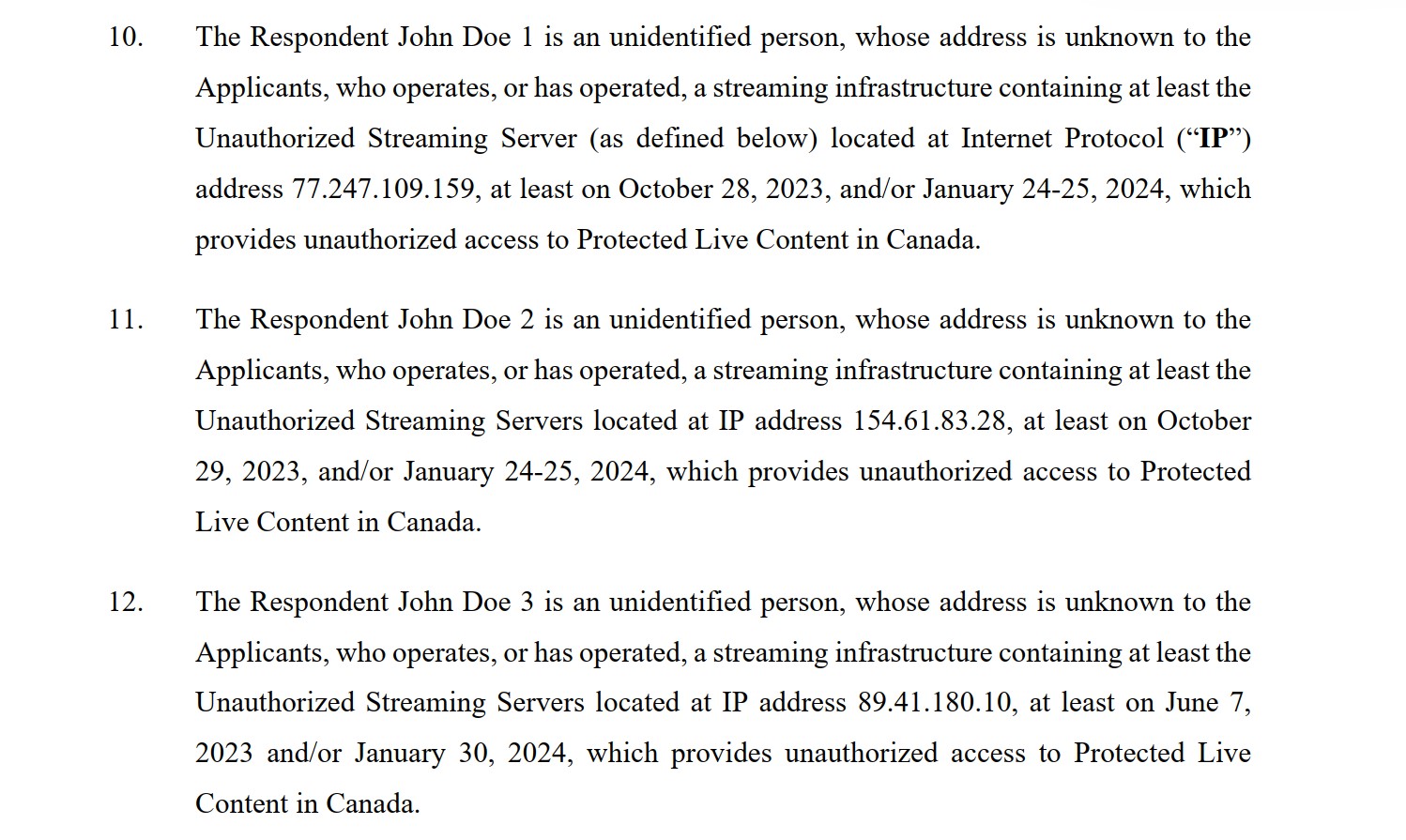-
chevron_right
Manga Publishers Grill YouTube & TikTok on Piracy and Content ID Restrictions
news.movim.eu / TorrentFreak · Tuesday, 16 April - 18:04 · 5 minutes
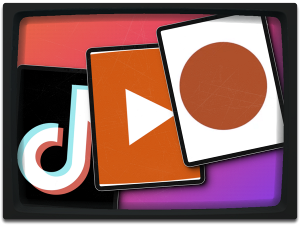 During the 6th meeting of the Policy Subcommittee of the Copyright Subcommittee of the Cultural Affairs Council in Japan last month, representatives from Google and ByteDance were invited to give presentations on the topic of appropriate compensation.
During the 6th meeting of the Policy Subcommittee of the Copyright Subcommittee of the Cultural Affairs Council in Japan last month, representatives from Google and ByteDance were invited to give presentations on the topic of appropriate compensation.
As the meeting progressed, the topic sparked discussion on connected matters, sometimes with legal implications. Neither company had lawyers present but, with plenty of scope to challenge the video platforms on piracy issues, including how some manage to benefit more than others, there was no shortage of conversation.
Google/YouTube
Takeya Kito, Head of Music Content Partnership for YouTube in Japan, began with some background. Used in over 100 countries with support for 80 languages, YouTube’s platform grows at a rate of over 500 hours of uploaded content every minute.
More than 71 million people, including two-thirds of the adult population, use YouTube every month in Japan, with the streaming service committed to providing four freedoms to each and every one: Freedom of expression, freedom of access to information, freedom of opportunity, and freedom of participation.
Mr. Kito spoke of YouTube’s commitment to transparency, including via its Copyright Transparency Report. When working with music partners, rights holders and artists, YouTube provides reports detailing how their content is consumed. In some areas, however, YouTube would like to see more transparency from its business partners.
“In order for YouTube to obtain a correct understanding of the royalties received by rights holders, we believe it is important to ensure transparency between the labels and copyright management organizations with whom we do business and license our works, and the individual artists, performers and songwriters who come after them,” Mr. Kito explained.
“This is because, unfortunately, we have no way of knowing how the distribution is actually handled between the individual rights holders, performers, and songwriters, so it is important to ensure transparency in this area as well.”
So, the Music Industry Gets Paid. What About Us>
Given Mr. Kito’s job title, it was perhaps inevitable that YouTube’s work with the music industry would dominate his presentation. Content ID, the content recognition / monetization system that currently handles over 99% of copyright claims and to date has returned $9 billion to rightsholders, mostly in the recording industry, received plenty of coverage.
The first question from those in attendance came from Mr. Ito, a representative of Authorized Books of Japan (ABJ), who thanked Mr. Kito for his presentation and then got right down to business.
“I found it very interesting to hear about how the music industry is successfully using Content ID in various ways. By the way, I belong to an organization called ABJ, and I work in anti-piracy measures at a publishing company [TF: Shueisha], and I’ve been using Content ID for about 14 years,” Mr. Ito explained.
“On YouTube, there are cases where publications, mainly still images of manga, are uploaded as videos like picture-story shows, or picture books, which are read aloud by users while turning the pages on their own. A large number of videos like this have been uploaded. Regarding Content ID, Content ID has no effect on illegal videos published by publishers, so publishers have to hire specialized companies or search on YouTube themselves to find infringing videos. I’m working on erasing them.”
Mr. Ito noted how representatives from the music industry spoke of being rewarded through Content ID, citing a “huge amount” of around $1.8 billion. But then, the inevitable; if the music industry has the ability to turn copyright claims into profit, what about everyone else?
“I strongly feel that publishers are not receiving any return from capturing pirated copies regarding Content ID. My first question is, what do you think about the situation where Content ID cannot be used to deal with pirated copies of publications?” Mr. Ito asked.
ABJ’s representative didn’t get the answer he was hoping for.
“Thank you very much,” YouTube’s representative responded. “As to your question, please understand that I am not in a position to answer it, as my role is limited to music partnerships in Japan.”
Mr. Ito accepted the position but still wasn’t quite done.
Time For TikTok
Representing TikTok at the meeting was Mr. Tomiji Kato, Senior Manager of Global Music Business Development & IP Rights at ByteDance Inc.
Mr. Kato’s presentation was very long but at one point he also touched on Content ID. TikTok doesn’t have a comparable system but the question here, it seems, is whether TikTok needs or even wants one. Something like that could be too restrictive for TikTok.
“At TikTok, we have not yet introduced a system like YouTube’s Content ID for original recordings, but what we need to consider is whether a system like Content ID is better, or whether we should have a pre-decided, all-inclusive contract like we are doing now with the labels,” Mr. Kato explained.
“By introducing a system or mechanism, we must not, for example, impair the creativity of music development or competition in music use, and so we must consider how the platforms and users can best use new music. We are considering how we can best contribute to new music use and development on the platform side and on the users’ side, and this is something that both the rights holders and the platforms should consider.”
When the presentation was opened up for questions, Mr. Ito of ABJ (and of publisher Shueisha) initially had considerable praise for TikTok; users of TikTok who introduce publishing content to their followers have a “ripple effect” and as a result, “there are many things to look forward to.”
Unfortunately, there are other things too, none of them good.
YouTube Used to Have Most Pirated Content, Not Any More
“For many years, I have been taking measures including on YouTube, and when it comes to video posting sites, YouTube has by far the most pirated copies, with the largest number of pirated copies being deleted in a month, around 20,000,” Mr. Ito said.
“However, starting around the summer, TikTok has finally overtaken YouTube, and now, depending on the month, TikTok has two to three times as many pirated copies being uploaded. We are also in serious trouble, and although the person in charge and the person at the anti-infringement company are deleting the information every day, the situation is not going away.”
Mr. Kato was then asked four questions: Is TikTok aware of so many pirated copies of publications, including manga? Does the company know that pirated copies often appear in recommendations? Does TikTok know that, when compared to YouTube, malicious accounts are less likely to be suspended? And finally, does TikTok appreciate how little copyright awareness is shown by its users?
“First of all, thank you for your positive comments,” said Mr. Kato. “I’m sorry, but I would like to refrain from answering any questions regarding pirated copies or takedowns, as this is outside of my scope of work.”
For those interested in how the discussion developed, the full minutes of the meeting ‘令和5年度第6回(2024年3月13日’ are available here (pdf). In summary, there might be a little more work to be done.
From: TF , for the latest news on copyright battles, piracy and more.
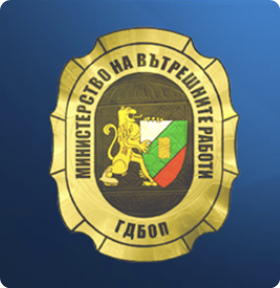

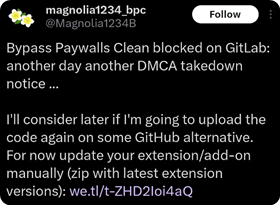

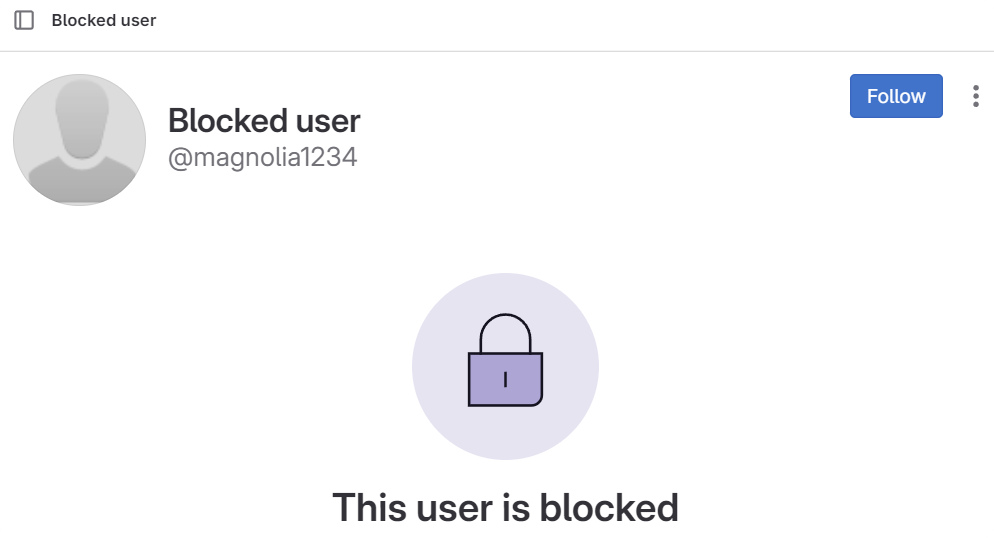
 For a long time, pirate site blocking was regarded as a topic most U.S. politicians would rather avoid.
For a long time, pirate site blocking was regarded as a topic most U.S. politicians would rather avoid.


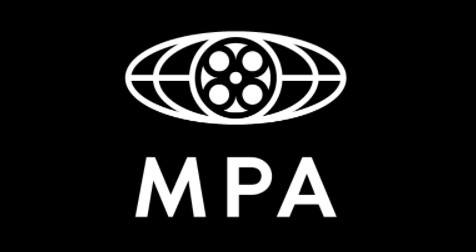
 Three years ago, Canada’s Federal Court of Appeal upheld the first pirate site-blocking order in the country.
Three years ago, Canada’s Federal Court of Appeal upheld the first pirate site-blocking order in the country.
